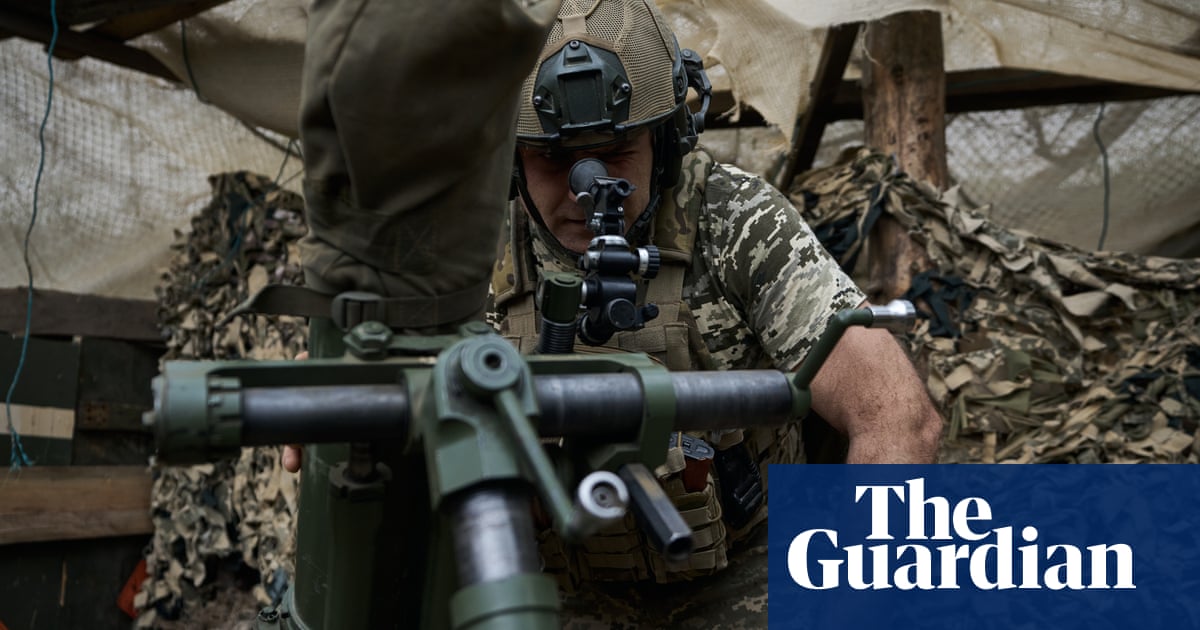- cross-posted to:
- globalnews@lemmy.zip
- cross-posted to:
- globalnews@lemmy.zip
The 6.8% increase between 2022 and 2023 was the steepest since 2009, pushing spending to the highest recorded by the Stockholm International Peace Research Institute (Sipri) in its 60-year history
For the first time, analysts at the thinktank recorded a rise in military outlay in all five geographical regions: Africa, Europe, the Middle East, Asia and Oceania and the Americas.



This is the best summary I could come up with:
For the first time, analysts at the thinktank recorded a rise in military outlay in all five geographical regions: Africa, Europe, the Middle East, Asia and Oceania and the Americas.
Since 2014, when Russia first invaded Crimea and the eastern Donbas region of Ukraine, the US has been shifting its focus from counter-insurgency operations and asymmetric warfare to “developing new weapon systems that could be used in a potential conflict with adversaries with advanced military capabilities”, according to Sipri’s report.
Russia, India, Saudi Arabia and the UK – the largest spender in central and western Europe after a 7.9% year-on-year increase – follow in Sipri’s league table.
With spending at 5.9% of GDP, equivalent to 16% of the Russian government’s total expenditure, 2023 marked the highest levels recorded since the dissolution of the Soviet Union.
Expenditure in the Middle East rose by 9% to an estimated $200bn, making it the region with the highest military spend as a proportion of GDP in the world at 4.2%, followed by Europe (2.8%), Africa (1.9%), Asia and Oceania (1.7%) and the Americas (1.2%).
Diego Lopes da Silva, a senior researcher at Sipri, said: “The use of the military to suppress gang violence has been a growing trend in the region for years as governments are either unable to address the problem using conventional means or prefer immediate – often more violent – responses.”
The original article contains 889 words, the summary contains 230 words. Saved 74%. I’m a bot and I’m open source!